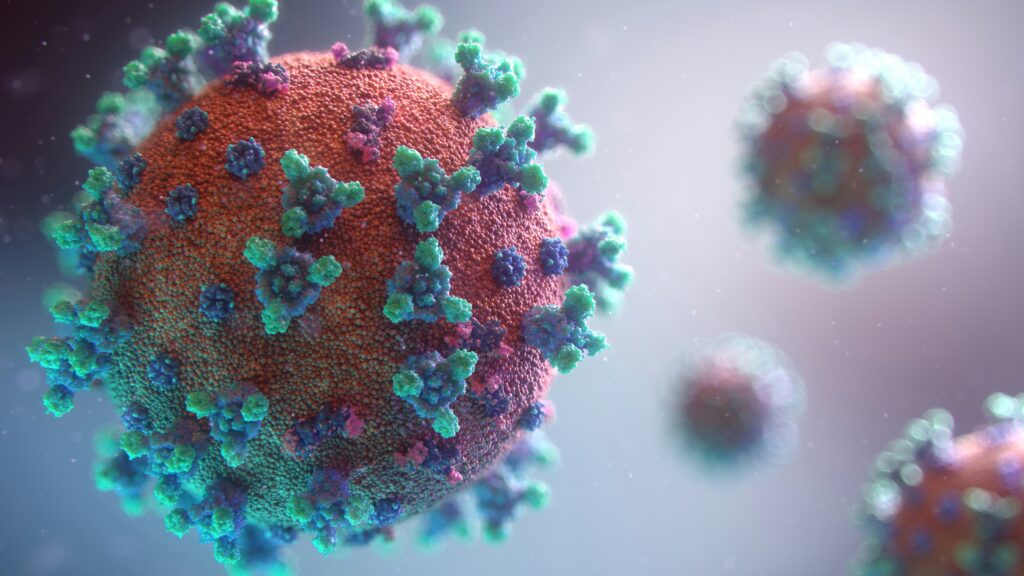- Forschungsspektrum
- Translationale Forschung
- Transversale Translationale Medizin (TTM)
- Operationszentrum für Translationale Medizin (TMOH)
- Büro für Klinisches Projektmanagement (CPMO)
- Zentrum für Klinische und Epidemiologische Untersuchungen (CIEC)
- Luxemburger Zentrum für Klinische und Translationale Forschung (LCTR)
- Integrierte Biobank von Luxemburg (IBBL)
- Disease Modeling & Screening Platform (DMSP)
- Luxgen Genom Zentrum
- Plattform für Forschungspathologie (RPP)
- Forschungsprojekte und klinische Studien
- Unterstützen Sie uns
- Translationale Forschung
News
Three LIH projects to be supported by “Marie Sklodowska-Curie Individual Fellowships”
Bitte beachten Sie, dass dieser Artikel derzeit nur auf Englisch verfügbar ist. Eine Übersetzung ins Deutsche wird in Kürze verfügbar sein.
21 Februar 2020
3minuten
- Abteilung für Infektion und Immunität
- Abteilung für Kardiovaskuläre Forschung
- Immuno-Pharmakologie und Interaktomik
- Ernährung, Mikrobiom und Immunität
- Precision Health Abteilung

Researchers from the Department of Population Health (DoPH) and the Department of Infection and Immunity (DII) awarded the prestigious European grant
Postdoctoral fellows Amela Jusic, from the LIH Department of Population Health (DoPH), Marie Boudaud and Tomasz Uchanski, from the LIH Department of Infection and Immunity (DII), have been awarded financial support in the framework of the European Commission’s “Marie Sklodowska-Curie Individual Fellowships” funding scheme. The programme will back the scientists’ work on hypertension, receptor-chemokine interactions and Inflammatory Bowel Diseases (IBD).
The Marie Skłodowska-Curie actions (MSCA), and specifically the Individual Fellowships (IF), provide grants to support experienced researchers wishing to diversify their individual competences in terms of skill acquisition through advanced training, international and cross-sectoral mobility.
Amela Jusic, postdoctoral fellow in the DoPH Cardiovascular Research Unit led by Dr Yvan Devaux, will investigate the function and biomarker potential of mitochondrial microRNAs in hypertension under the “MITO” project, with the goal of discovering novel methods to improve health outcomes in hypertension patients. Specifically, the study will focus on the discovery of candidate microRNA biomarkers associated with hypertension by analysing 30 hypertensive patients and 30 controls. This will be followed by the validation of the identified potential biomarkers in a group of 540 participants and functional assessment of the role of microRNAs in hypertension development, which will entail three secondments to partner institutions in Denmark, Germany and France.
“Being easily obtainable from the blood, mitochondrial microRNAs represent an accessible and promising source of biomarkers and therapeutic targets for clinical application. By determining their role in the onset of hypertension and their potential as biomarkers, we aim to contribute to the development of novel diagnostic tools and therapies“
explains Dr Jusic.
The MSCA IF will also support Tomasz Uchanski, postdoctoral fellow in the DII Immuno-Pharmacology and Interactomics Research Group under the supervision of Dr Andy Chevigne, in advancing the structural and functional analysis of chemokines, small molecules that regulate several key physiological processes by binding to specific cell-surface receptors. Through his project “Novel tools for structural insight into receptor-chemokine complexes”, Dr Uchanski will develop an innovative approach to modify chemokines, without altering their functionality. This technology will facilitate the elucidation of the molecular structures of receptor-chemokine complexes, which is currently challenging.
“Our project will enable the thorough characterisation of the intricate interactions between chemokines and their receptors. As receptor-chemokine interplays are implicated in a wide array of pathologies, our findings hold great potential for therapeutic development“
declares Dr Uchanski.
Marie Boudaud, postdoctoral fellow working in the DII Eco-Immunology and Microbiome Research Group under the supervision of Dr Mahesh Desai, was awarded the MSCA IF for her project “Mucobiome-mediated immune pathways in Inflammatory Bowel Diseases” (MUCO-IMMUN). Under this study, the researchers will investigate the mechanisms by which the mucobiome – i.e. the microbial communities living in the human gastrointestinal tract that can digest the intestinal mucus layer – activates specific disease-promoting immune pathways under low dietary fiber conditions, a factor which is believed to play an important role in IBD pathogenesis.
“Our work will provide a clearer understanding of the correlation between the mucolytic activity of bacteria in the gut and dietary fibers, ultimately enabling the development of innovative diet-based therapies for IBD patients“
concludes Dr Boudaud.
Scientific Contact










